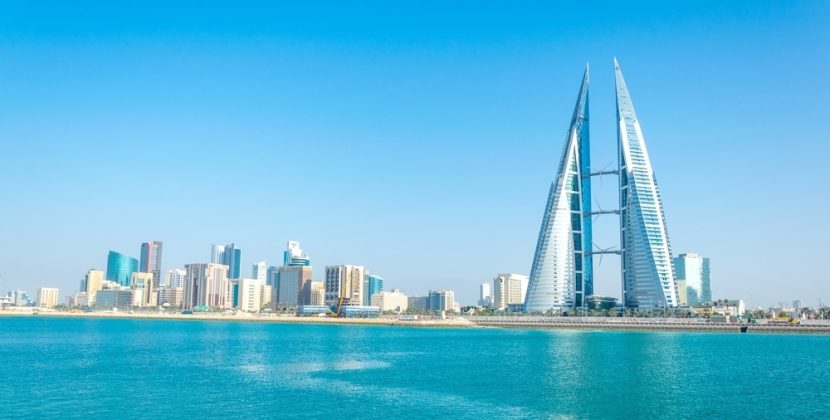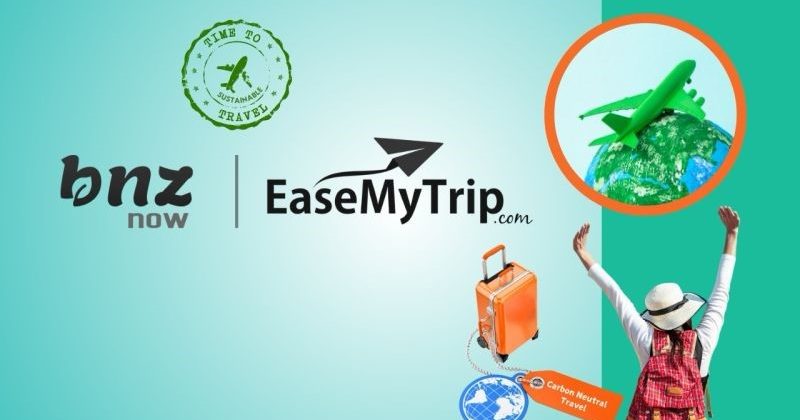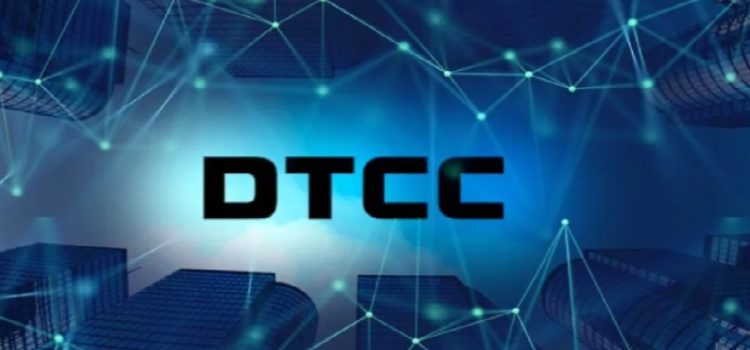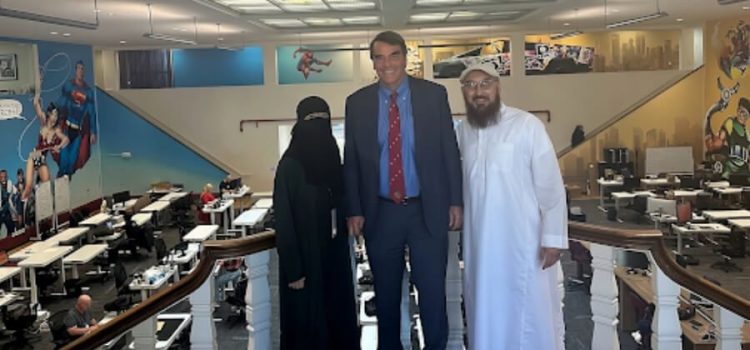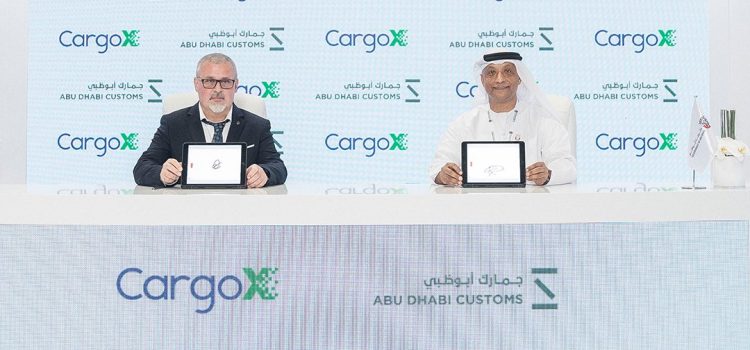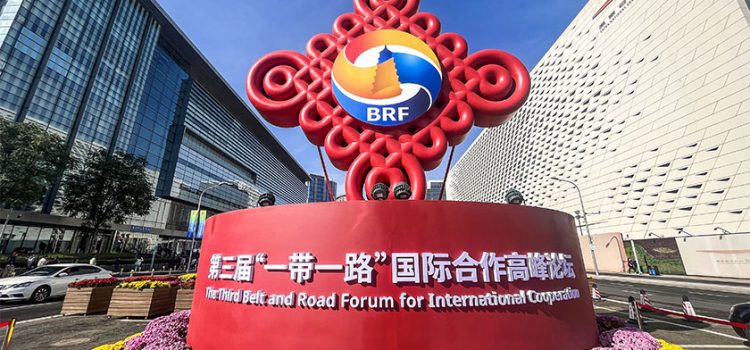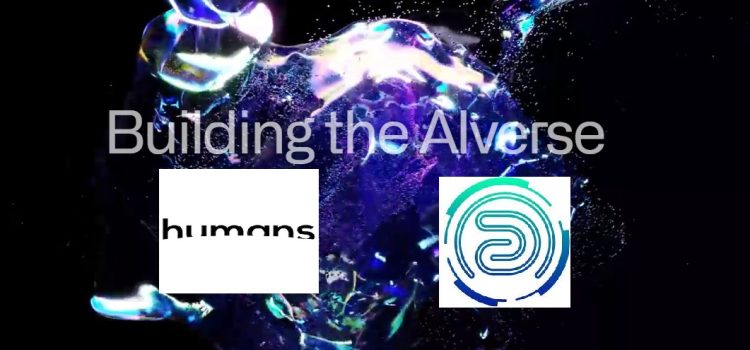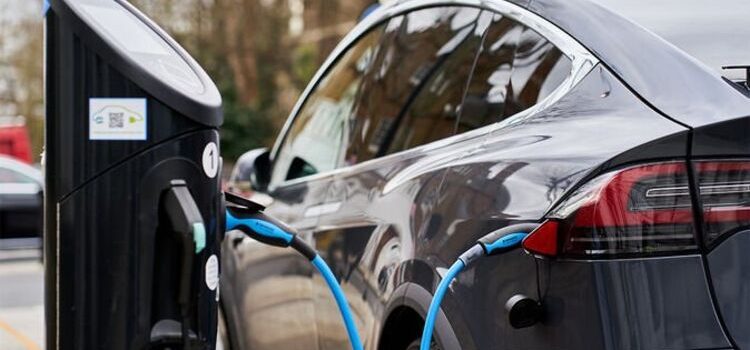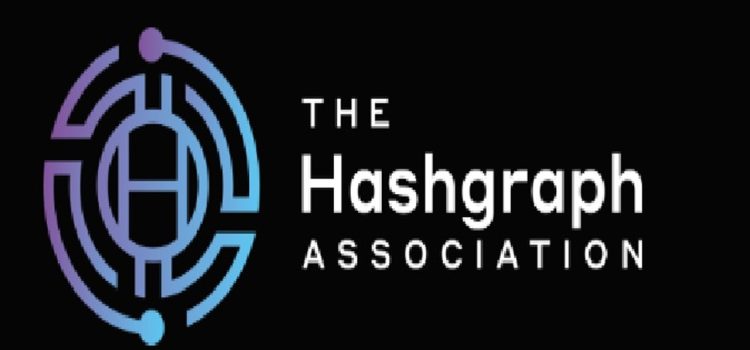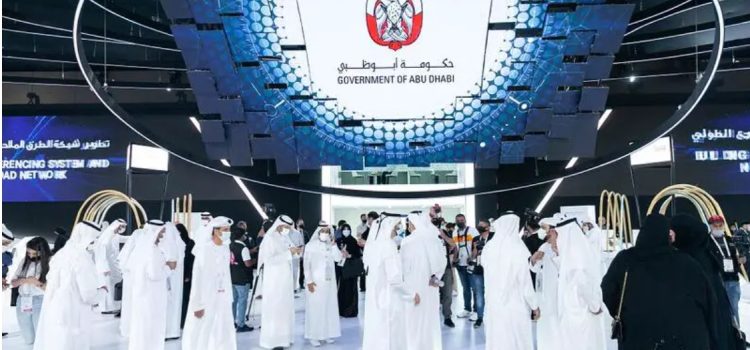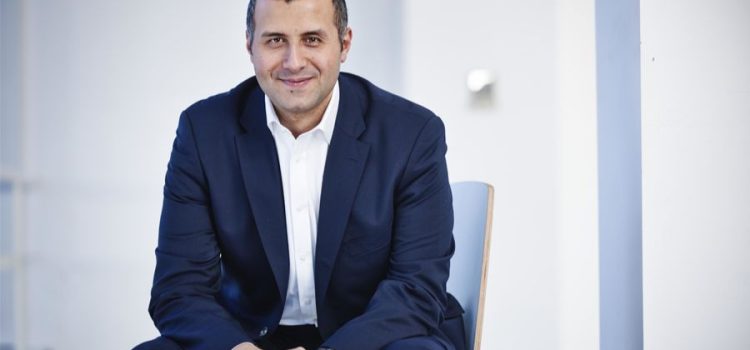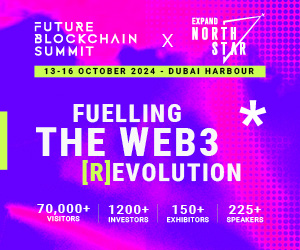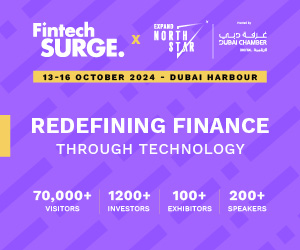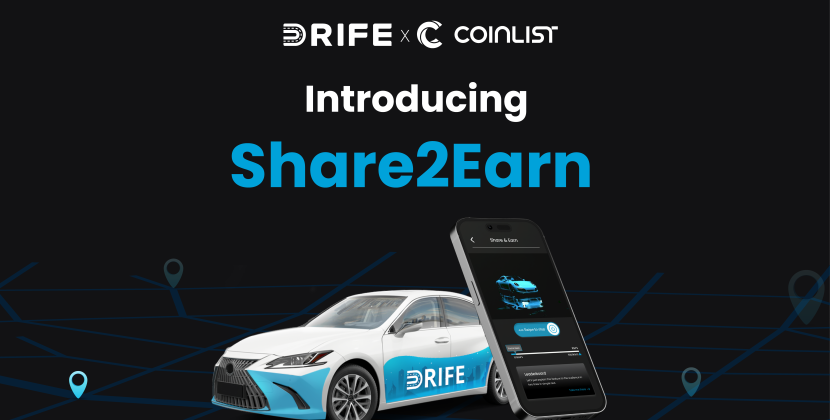
The Depository Trust & Clearing Corporation, an American post-trade financial services company providing clearing and settlement services to the financial markets known as DTCC, has signed a definitive agreement to acquire Abu Dhabi based Securrency Inc. (“Securrency”), a leading developer of institutional-grade, digital asset infrastructure invested in by Mubadala sovereign Fund.
Securrency will become a fully-owned subsidiary of DTCC and will operate under the name DTCC Digital Assets. Nadine Chakar, CEO of Securrency, will join DTCC as Managing Director, Global Head of DTCC Digital Assets, reporting to Lynn Bishop, DTCC Managing Director and Chief Information Officer. Chakar will also join the DTCC Management Committee. In addition, Dan Doney, CTO and founder of Securrency, John Hensel, COO and co-founder, and other members of the Securrency leadership team, as well as roughly 100 Securrency staff of full-time employees or contractors, will become DTCC employees.
Securrency is a blockchain-based financial and regulatory technology developer that raised $30 million in 2021 from State Street, US Bank, WisdomTree Investments and others. It has worked with WisdomTree to help the asset manager launch “blockchain-enabled” funds that keep a secondary record of share ownership on the Stellar or Ethereum blockchains.
Frank La Salla, President, CEO and Director, DTCC, said, “Securrency is an important strategic acquisition that will give us the technology to drive market-wide transformation by enabling end-to-end digital lifecycle processing for tokenized assets, digital currencies and other financial instruments. By bringing together DTCC’s commitment to providing market stability and our unparalleled network of financial market participants with the sophistication of the Securrency technology, we will be in a leading position to unlock the value of digital assets and help guide the industry through its digital transformation journey. We believe this next generation of financial market infrastructure will further reduce settlement times, facilitate market transparency and risk management, enhance regulatory oversight and controls, and unlock efficiency and innovation to create an improved investor experience.”
By combining DTCC’s digital capabilities and Securrency’s technology, DTCC will fast-track development of its enterprise digital asset platform to unlock the power of institutional DeFi. DTCC will leverage the technology over time to embed digital assets within its existing products and services, develop new, regulatory-compliant blockchain-based offerings and explore use cases with the industry, including buyside asset managers, broker-dealers and custodians, to collaborate on new DTCC blockchain-based solutions.
In addition, DTCC will lead the industry’s development of a robust, global digital infrastructure by licensing the Securrency technology and offering professional services. Firms will be able to leverage the technology to transform and evolve their operating models and to create innovative, new digital asset services alone or in collaboration with other market participants – similar to how WisdomTree licenses Securrency’s software as part of the infrastructure for its WisdomTree Prime™ offering that provides tokenized assets and funds via digital wallets for retail investors and consumers.
Chakar said, “As we join forces with DTCC, we are excited to bring together DTCC’s infrastructure capabilities with Securrency’s technology to embrace a future where the digitization of capital markets is at the forefront of innovation. These capabilities will allow DTCC to partner with the industry to build a resilient and scalable infrastructure critical to the mass adoption of digital assets. Together, we will unlock opportunities to reimagine compliance, liquidity, efficiency and interoperability in trading real-world assets on the blockchain.”
DTCC also plans to provide global leadership to foster industry-wide collaboration to help avoid fragmentation with different digital technologies and standards. Securrency’s technology can address this issue by acting as a DLT-agnostic harmonization layer that promotes interoperability, liquidity, transparency and security.
La Salla said, “We look forward to building on our past work to drive consensus around the standards, controls and frameworks necessary to support regulatory-compliant digital asset solutions and development of the right architecture and infrastructure to ensure widespread interoperability. We’re excited to welcome our new colleagues to the DTCC team and to begin collaborating as a group to strengthen market stability and resilience and drive greater efficiencies, productivity, risk mitigation and liquidity in the global financial markets.”
This announcement comes as John Hensel, Chief Operating Officer and Senior Executive Officer, MENA, Securrency told IBS intelligence, “The UAE is ramping up its efforts to become a global blockchain hub.” In his interview he commented on why they chose UAE out of all the other countries globally including, USA, Switzerland, Hong Kong and Singapore.
According to Hensel, SEC ( Securities and Exchange Commission) in the USA has portrayed a conservative approach to the regulation of digital assets, so exploring other regulatory jurisdictions they found that the UAE was a credible, well positioned young financial center that embraced technology with experienced regulatory experts from the USA, Australia, Singapore and others.
He explains, “ After being here for 6 years we have seen the landscape change and become more favorable for investors partnering under FSRA and who are benefiting from the protection of ADGM which will grow opportunities locally for us given we were first movers and have strong relations with sovereign wealth entities, broker dealers, fund managers as key stakeholders.”
Securrency entered the ADGM FSRA regulatory sandbox in 2017 and secured a Financial Services Permission (FSP) from ADGM’s Financial Services Regulatory Authority (FSRA) to deal in investments as a matched principal and provide custody for those investments in 2022. The license enabled Securrency Capital to provide trading of digital assets to a variety of clients, including retail clients.
Securrency had raised $30 million in its latest funding round. The funds were used to roll out the company’s expansion plans. The Series B funding round included existing investor WisdomTree Investment along with Abu Dhabi state fund Mubadala-backed Abu Dhabi Catalyst Partners, State Street and U.S. Bank. Prior to that in 202, The Abu Dhabi Investment Office (ADIO) had invested in Securrency, a US-based developer of blockchain-based financial and regulatory technology through its ventures fund.
The company also signed a strategic partnership with leading investment management and banking firm, Musharaka Capital in KSA, to develop a compliant platform for issuing digital securities in Saudi Arabia in 2020.

